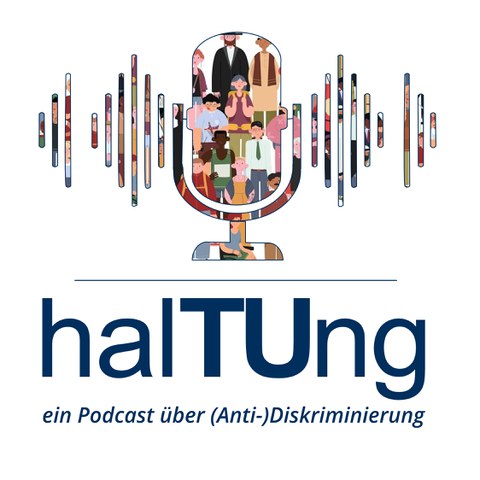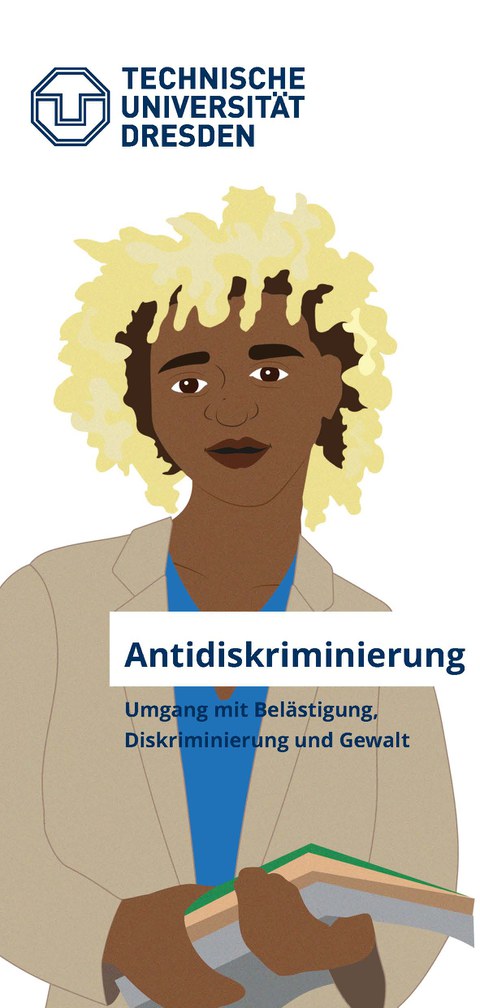Materials in the context of anti-discrimination work
Haltung - a podcast on anti-discrimination
Further training opportunities
Attitude - a podcast on anti-discrimination
In the podcast, various discussion partners exchange views on aspects of group-focused misanthropy and their relevance for everyday university life at TU Dresden.
Further information can be found here.
Further education opportunities
Center for Continuing Education
Here you will find an overview of current continuing education opportunities and funding programs in the field of diversity/anti-discrimination
Diversity certificate program: Focus on diversity
Expand your understanding of diversity, equality and inclusion with our certificate program! You will learn to recognize and challenge prejudices and stereotypes, gain valuable tools for respectful communication and develop a deep awareness of structural disadvantages and discriminatory practices.
E-Learning: Unconscious Bias
Required learning time: 10 minutes
E-learning: Biases in the job interview
Learning time required: 15 minutes
Toolbox Unconscious Bias
The toolbox offers helpful and interesting information as well as impulses in the form of collections of links to videos and other (learning) offers.
Diversity@Teaching
Self-study offers and useful information and links on the topic of diversity-friendly teaching.
E-learning: Fit for equal treatment
Offer of the Meissen Training Center (FoBiZ)
Recognizing unconscious bias (anti-bias)
Was sind unbewusste Vorurteile? © FUMA Fachstelle Gender & Diversität NRW
Discrimination can result from so-called unconscious biases, among other things. These are related to stereotypes and are directly linked to social discrimination processes. They influence how we judge, make decisions and ultimately act.
Information materials
The Complaints Office has an extensive list of literature on relevant topics of anti-discrimination work. If you are interested in this, please contact us.
We will be happy to send you various materials on anti-discrimination work at TU Dresden on request. These can be information flyers on anti-discrimination, strategy papers or materials from external cooperation partners, such as counseling centers.


